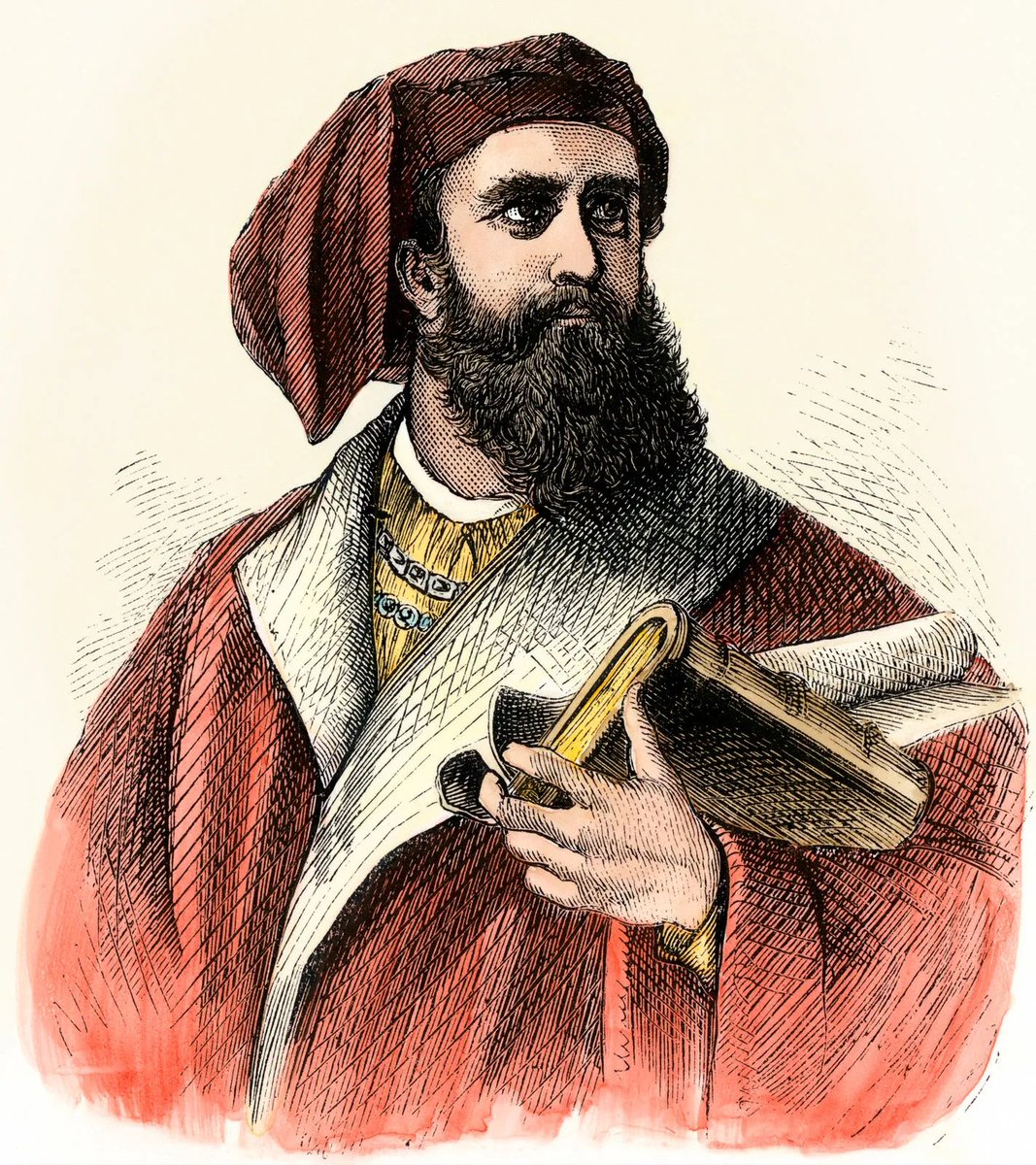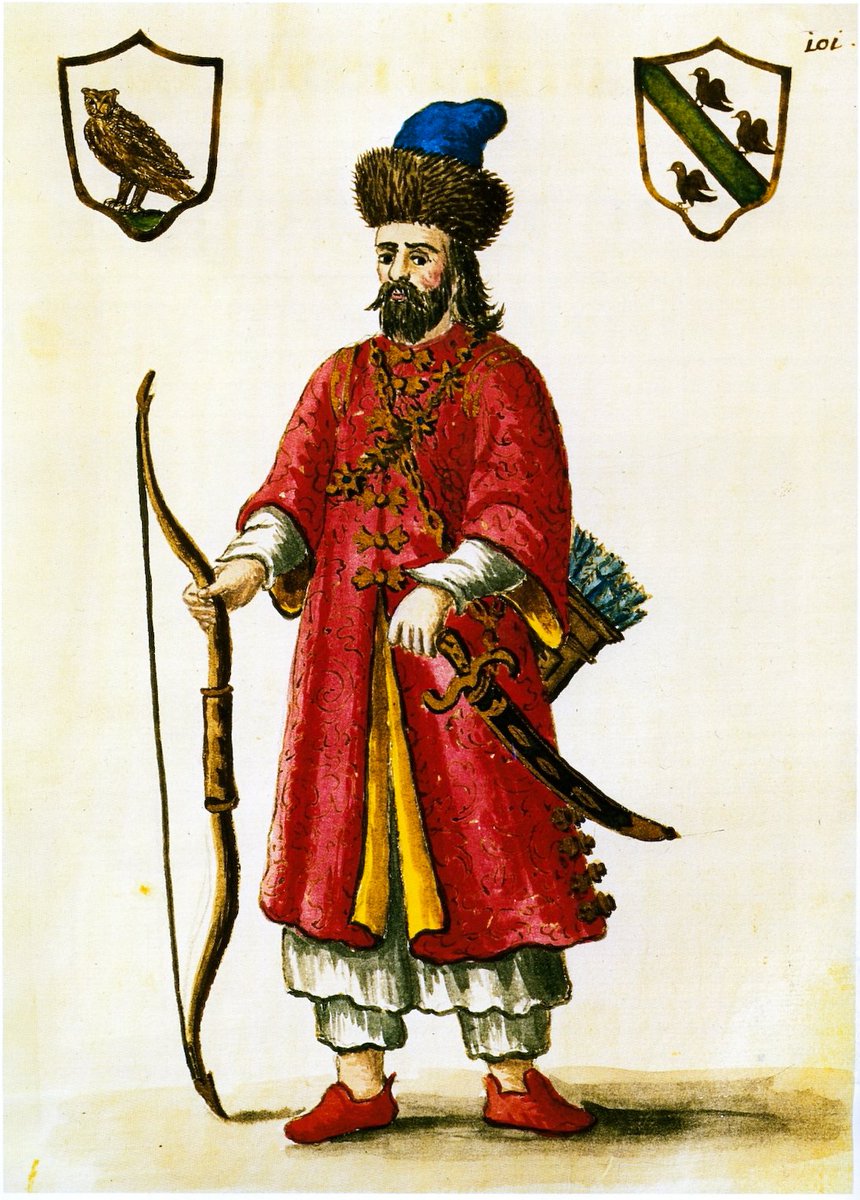The Sangam Era is one of the well known eras, known widely for its famous literature pieces that existed almost 500 or 600 years before Christ.
Given that we do not know much about even events that occurred a few 100 years back, how would we know that this era even existed?
Firstly, I think the Sangam literature is a key for historians to understand the existence of this era.
Firstly, I think the Sangam literature is a key for historians to understand the existence of this era.
For example, Tholkappiam literature is shown by historians as a great proof of this time.
Secondly, another key to unlocking the door to this era is by looking at and understanding other moments that could have happened during similar time elsewhere. For example, Pandyas Cholas and Cheras dynasties hold proofs for the existence of this era.
There are several mentions of this era in the literature produced by these empires. Thirdly, archeological discoveries like caves and pots also give us evidence to the existence of this era.
Next, when historians step away from Tamil nadu and go to places close to it like Kerala or Sri Lanka, they find more evidence. Lastly, with modern days updated technology, it is easier to trace and find out more insights about the existence of this era.
• • •
Missing some Tweet in this thread? You can try to
force a refresh




























